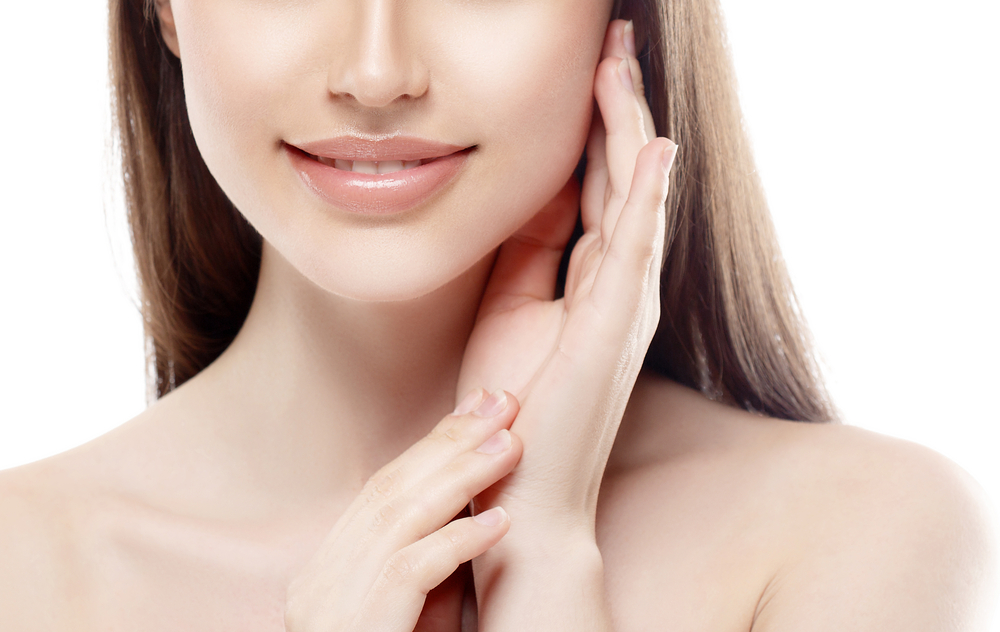
Good skin care and healthy lifestyle choices can help delay the natural aging process of the skin. These will also lowers the risk or totally prevent skin problems. Here are 5 tips for healthy skin.
A lifetime of sun exposure can cause wrinkles, age spots and other skin problems — as well as increase the risk of skin cancer. To protect your skin from these problems, you may apply sunscreen with an SPF 15 or higher. Reapply it to your body for every two hours — or more often if you’re swimming or perspiring. You should also avoid the sun in between 10 a.m. and 2 p.m., when the sun’s rays are strongest. Wear clothes that can protect your skin against sun heat. You may consider tightly woven long-sleeved shirts, long pants and wide-brimmed hats. You may also try the laundry additives, which give clothing an additional layer of ultraviolet protection for a certain number of washing. There are also clothes specifically designed to block ultraviolet rays.
Smoking contributes to wrinkles and makes your skin look older. Smoking decrease blood flow by narrowing the tiny blood vessels in the outermost layers of skin. This depletes the skin of oxygen and nutrients that are important to skin health.
Smoking also damages collagen and elastin — the fibers that give your skin strength and elasticity. In addition, the repetitive facial expressions you make when smoking — such as pursing your lips when inhaling and squinting your eyes to keep out smoke — can contribute to wrinkles.
Daily cleansing and shaving can take a toll on your skin. To keep it gentle:
Eat plenty of fruits, vegetables, whole grains and lean proteins because a healthy diet makes you look and feel your best. It is uncertain if acnes are associated with diet. However, some research suggest that
diet rich in vitamin C and low in unhealthy fats and processed or refined carbohydrates might promote younger looking skin.
Uncontrolled stress can trigger acne breakouts and other skin problems. Take steps to manage your stress so you can have a healthy skin and state of mind. Make time to do the things you enjoy and set reasonable limits in your to-do list.
Overview and FactsTypes and SymptomsDiagnosis & MedicationsOverview and Facts Tetralogy of Fallot is a congenital heart defect that affects the [...]
Overview and FactsTypes and SymptomsDiagnosis & MedicationsOverview and Facts Trichinosis, also known as trichinellosis, is a parasitic infection caused by [...]
Overview and FactsTypes and SymptomsDiagnosis & MedicationsOverview and Facts Trigeminal neuralgia is a neurological condition characterized by severe facial pain. [...]